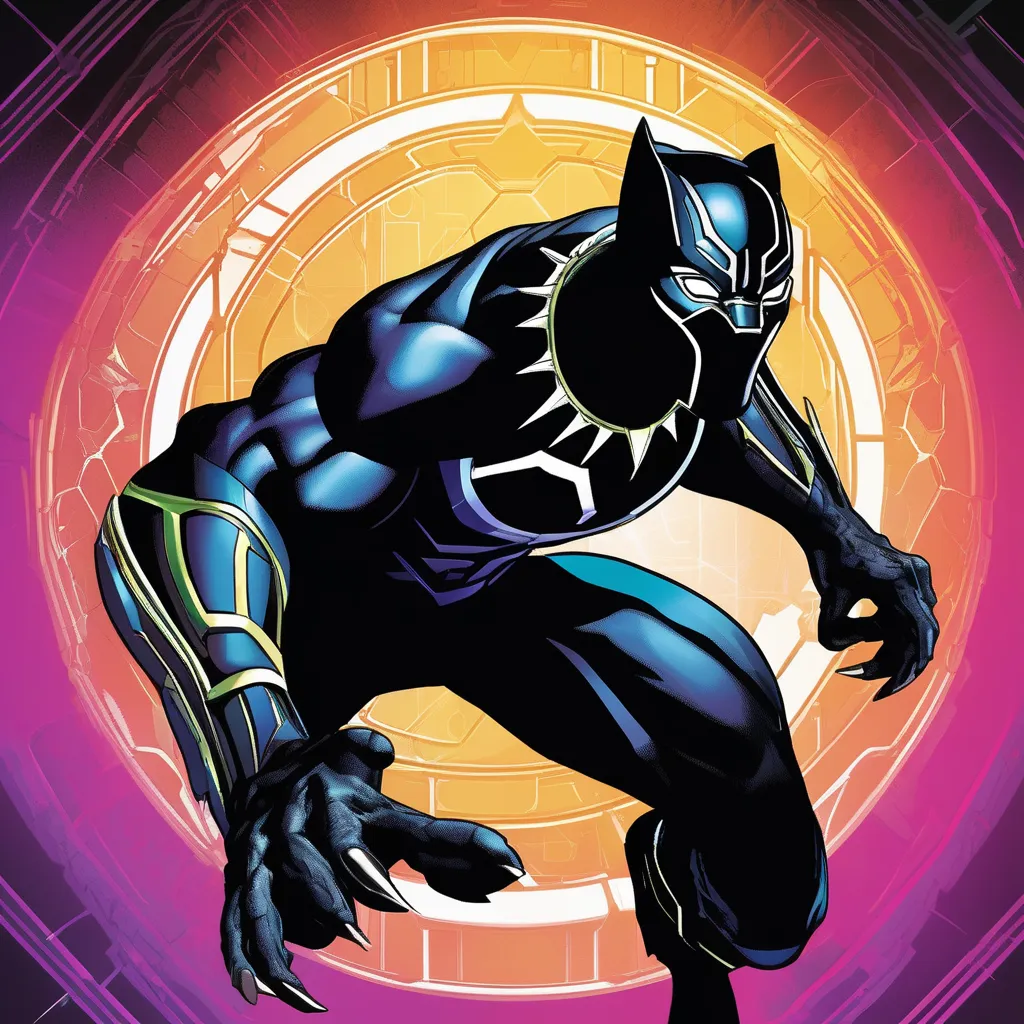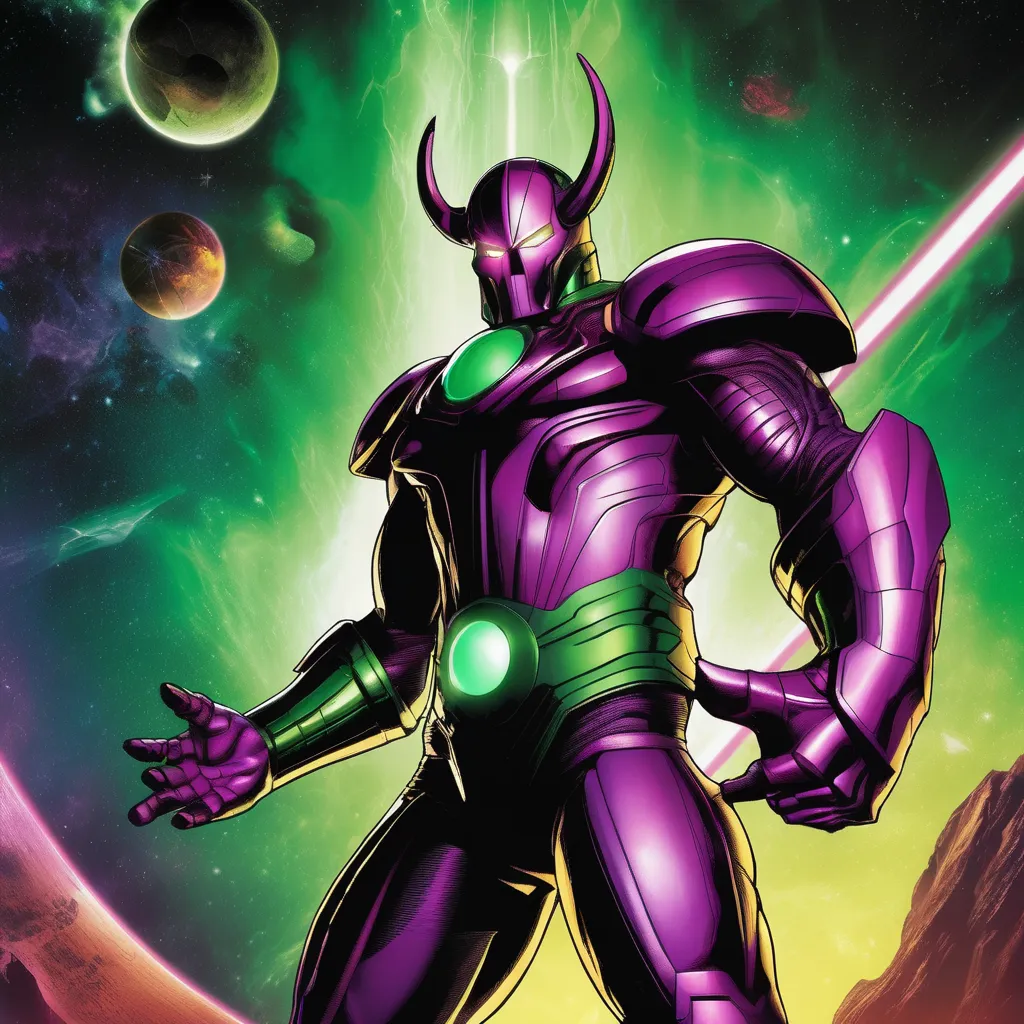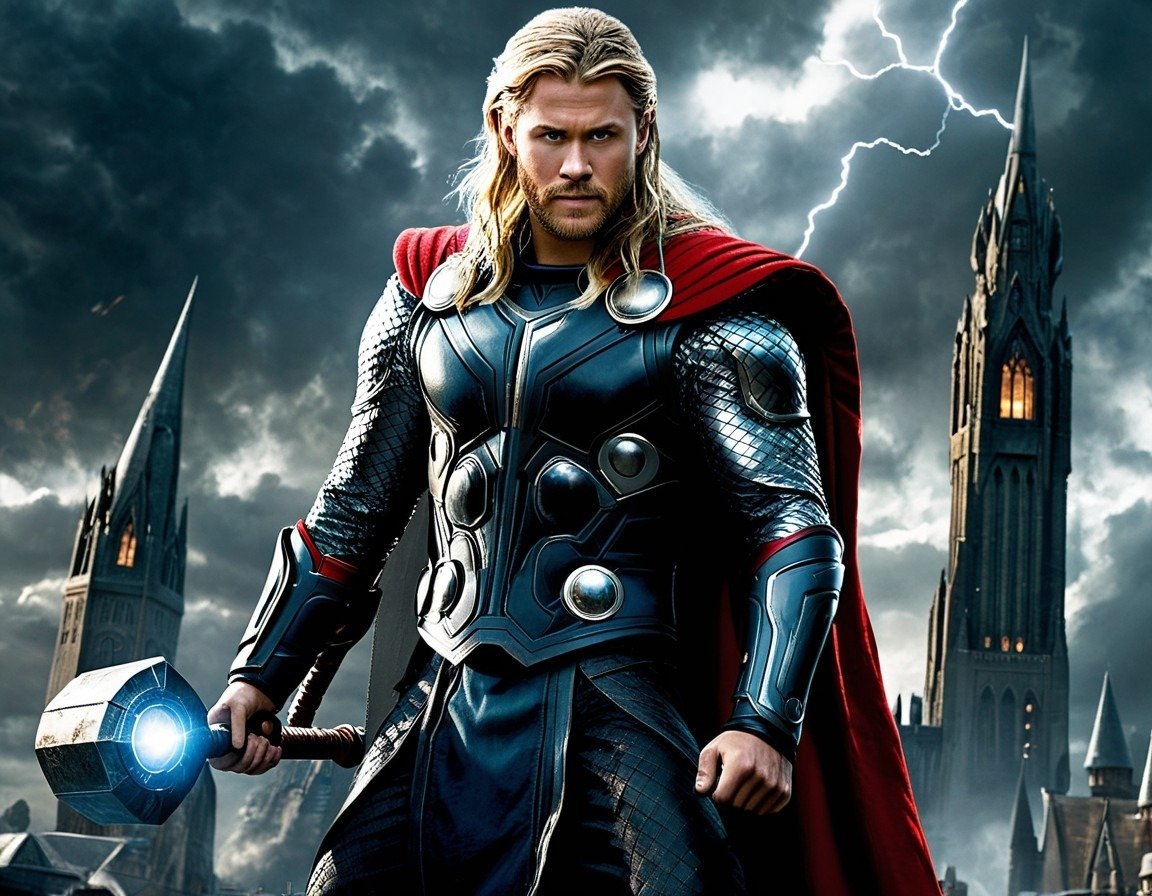The Intricate World of Mythology
Since the dawn of civilization, humanity has sought to make sense of the world around it. We’ve looked to the stars, the earth, and the mysteries of life and death. And in that quest for understanding, mythologies were born.
From the immortal gods of ancient Greece to the awe-inspiring pantheon of Norse heroes, mythology is more than just a collection of stories.
These tales represent the values, fears, and aspirations of cultures long past. They reveal a civilization’s heart, where human imagination interweaves with spiritual belief to create an intricate tapestry of divine beings, powerful symbols, and transformative quests.
In this article, we delve into the ancient realms of gods and heroes, unraveling the timeless allure of mythology. We’ll explore not only the captivating stories but also the profound meaning behind these narratives that have shaped civilizations for centuries.
If you are fascinated by the godlike figures of Greek mythology, enchanted by the daring adventures of Norse warriors, or intrigued by the godlike charaIf you are fascinated by the godlike figures of Greek mythology, enchanted by the daring adventures of Norse warriors, or intrigued by the godlike characters of Greek mythology.
The brave adventures of Norse warriors, or the symbolic themes that run through these stories, this exploration will help you understand them better than ever.
Whether it is the stories of Greek mythology, the brave adventures of Norse warriors, or the symbolic themes that run through these stories, this exploration will help you understand them better than ever before. This exploration will broaden your understanding of the mythological realm like never before by examining the symbolic motifs that run through these stories.
The Purpose of Mythology: More Than Stories
To truly appreciate the depth and richness of mythology, we must first recognize its purpose. Mythology is often described as a collection of traditional stories, but it’s much more than that. In its most profound form, mythology is a lens through which ancient cultures explained natural phenomena, human behavior, and the universe’s workings.
In Greek mythology, for example, gods were not far away and untouchable; they were deeply involved in human affairs and felt all of our feelings, like love, anger, pride, and jealousy. When Zeus, king of the gods, tried to keep his power while dealing with a pantheon of rebelling gods, he had to use strength and cunning to stay in charge.
In Norse mythology, by contrast, the gods know that their eventual destruction is inevitable. The narrative of Ragnarök, the prophesied end of the world, emphasizes the impermanence of life and the inevitability of death, but it also celebrates the courage to face doom with honor.
Figures like Odin and Thor are revered not just for their power but for their willingness to fight even when they know they cannot win. In this, Norse myths speak to a deep cultural respect for bravery, endurance, and resilience in the face of seemingly insurmountable odds.
Mythology, therefore, serves as a mirror for humanity. Through these tales, ancient civilizations could interpret and communicate their understanding of the world and their place in it. These stories became moral and spiritual guides, influencing societal values, ethics, and philosophies that continue to resonate today.

Greek Mythology: Gods, Heroes, and Cosmic Battles
Greek mythology is perhaps one of the most well-known and influential mythological systems in the world. Originating in ancient Greece, these myths feature a pantheon of gods who reside on **Mount Olympus** and rule over the human world with divine power.
Zeus is in charge of the Olympian gods, whose story is at the heart of Greek legend. In this pantheon, each god or queen rules over a different part of life. Poseidon is the god of the sea and controls the waves and storms. Athena, the goddess of learning, helps people in war and peace. But these gods are not perfect.
In Greek mythology, they have very human traits and often fight, fall in love, or try to get payback. These attempts to make the divine more like us show how flawed and contradictory people are.
Among the most captivating figures in Greek mythology are the heroes—mortals or demigods who perform extraordinary feats. Hercules (or Herakles in Greek), with his famous Twelve Labors, stands out as the ultimate symbol of strength and perseverance.
Perseus, who beheaded Medusa, and Theseus, who slew the Minotaur, are other classic examples of heroic figures tasked with impossible missions.
But Greek mythology is not only about the triumphs of heroes. Tragic stories like that of Oedipus, who unknowingly fulfills a terrible prophecy by killing his father and marrying his mother, explore the themes of fate, free will, and the tragic inevitability of suffering.
These tales underscore a deep cultural belief that, while humans may be able to achieve great things, they are ultimately subject to the whims of fate and the gods.
Greek mythology also delves into profound cosmic battles and the origins of the universe. The Titanomachy, or the war between the Olympian gods and the Titans, is a foundational myth that represents the triumph of order over chaos as the younger gods led by Zeus overthrow their predecessors, the Titans.
This battle for cosmic balance mirrors humanity’s eternal struggle for control over nature and the unknown.
Further Reading
The Influence of Greek Mythology on Modern Culture](https://www.britannica.com/topic/Greek-mythology)
– [Twelve Olympian Gods and Their Powers](https://www.worldhistory.org/Olympian_Gods/)

Norse Mythology: The Enduring Spirit of the North
Norse mythology, with its rich storytelling tradition and dramatic themes, comes from the ancient Germanic peoples of Scandinavia. Like the Greeks, the Norse had their pantheon of gods, but the mood of these myths is darker and more fatalistic.
The gods of Asgard—such as Odin, Thor, Loki, and Freyja—are brave and powerful, but they are also deeply flawed, just like their Greek counterparts.
A defining characteristic of Norse mythology is its emphasis on the inevitability of death. The Vikings who told these stories lived in a harsh environment where life was often short and brutal.
It’s no surprise that their myths focus heavily on the idea of Ragnarök, the end of the world. According to prophecy, Ragnarök will see the destruction of the gods, the world, and all life—but out of this destruction, the world will be reborn.
The central figures of Norse mythology are gods like Odin, the one-eyed Allfather who sacrificed his eye for wisdom and hung himself from the world tree, Yggdrasil, to gain knowledge of the runes. Odin’s quest for knowledge, even at great personal cost, speaks to the Norse reverence for wisdom and cunning.
Then there’s Thor, the god of thunder, who is known for his fierce bravery and strength. Thor’s frequent battles with giants, such as in the story of Thor and the Midgard Serpent, highlight the never-ending struggle between order and chaos in the cosmos. This theme of cosmic balance is crucial to Norse mythology, where the gods constantly fight to stave off Ragnarök, even though they know it is inevitable.
Finally, Loki, the trickster god, brings a complex dynamic to Norse myths. His unpredictable behavior and ability to cause both harm and help reflect the ambiguity of chaos—sometimes necessary, often destructive. Loki’s role in bringing about Ragnarök shows that chaos cannot be controlled, only delayed.
Further Reading
[A Beginner’s Guide to Norse Mythology](https://www.norsemythology.org)
– [Ragnarök: The Final Destiny of the Gods](https://www.ancient.eu/Ragnarok/)

The Power of Symbolism in Mythology
Mythological stories are not just tales of gods and heroes; they are steeped in symbolism, reflecting deeper truths about the human condition. These symbols often transcend individual myths and cultures, creating a shared language of the divine across civilizations.
For example, in both Greek and Norse mythology, the tree represents life, death, and rebirth. The world tree Yggdrasil in Norse mythology connects the heavens, earth, and underworld, representing the interconnectedness of all things.
Similarly, the Golden Apple in Greek mythology, which sparked the Trojan War, represents temptation, desire, and the consequences of envy.
Mythology also frequently uses animals as symbols. In Egyptian mythology, the falcon-headed god Horus symbolizes protection and kingship, while in Hindu mythology, Garuda, the bird-like creature, symbolizes power and protection.
Across cultures, serpents often represent knowledge, immortality, or danger. The serpent in the Garden of Eden represents temptation and sin, while the Midgard Serpent in Norse mythology symbolizes chaos.
These symbols are more than just metaphors—they encapsulate the values, hopes, and fears of the cultures that created them. They invite us to explore the hidden depths of human nature and society.
Further Reading
[The Symbols and Meaning in Greek Mythology](https://www.britannica.com/topic/Greek-mythology/Symbols-of-Greek-mythology)
– [Symbols in Norse Mythology and What They Mean](https://www.norsemythology.org/symbols-in-norse-mythology/)
Mythology’s Influence on Modern Culture
The impact of mythology extends far beyond the ancient world. In literature, films, and even psychology, the themes and symbols of mythology continue to influence modern storytelling and thought.
Psychologist Carl Jung introduced the concept of archetypes, universal symbols and motifs found in mythologies worldwide, which reflect the shared experiences of humanity. His work, along with that of Joseph Campbell, who wrote The Hero with a Thousand Faces, demonstrates that myths tap into something universal within the human psyche.